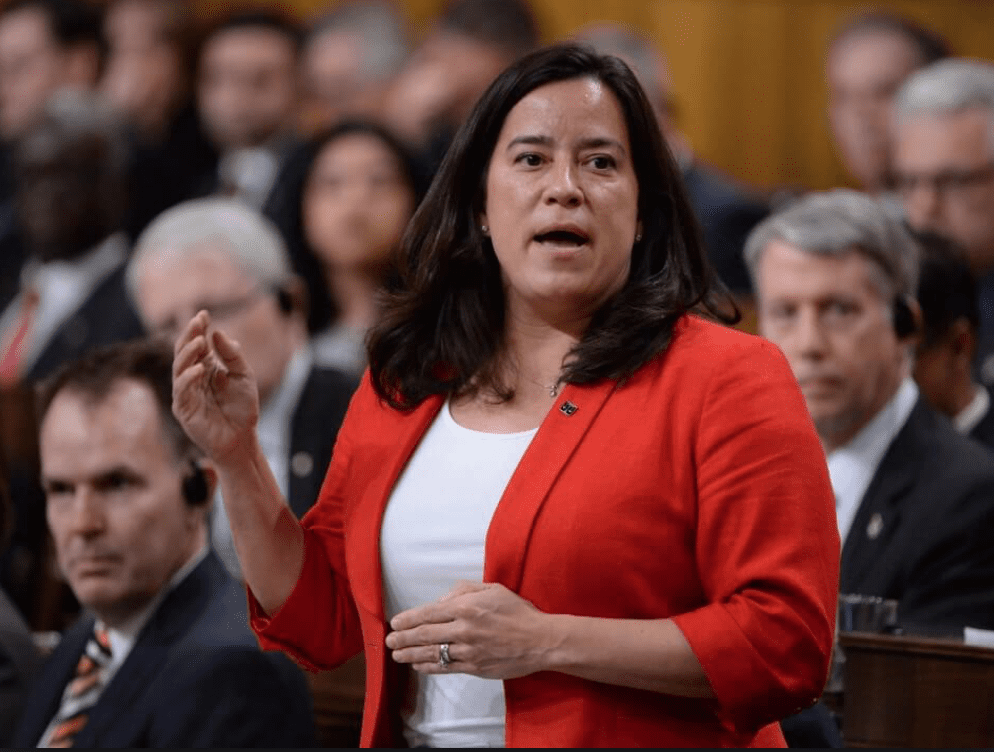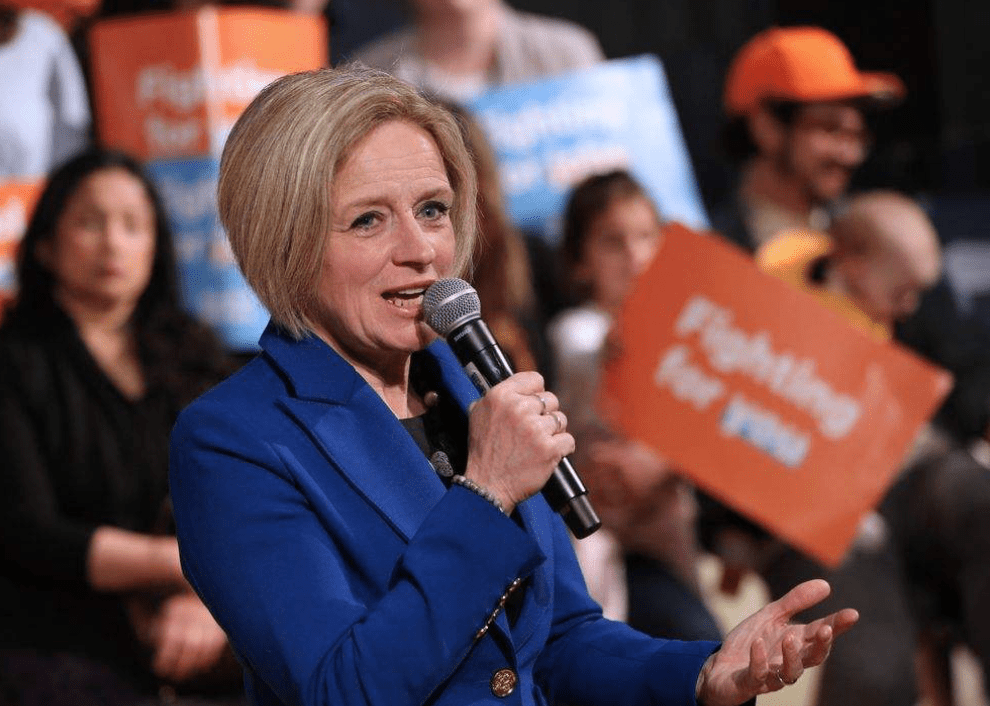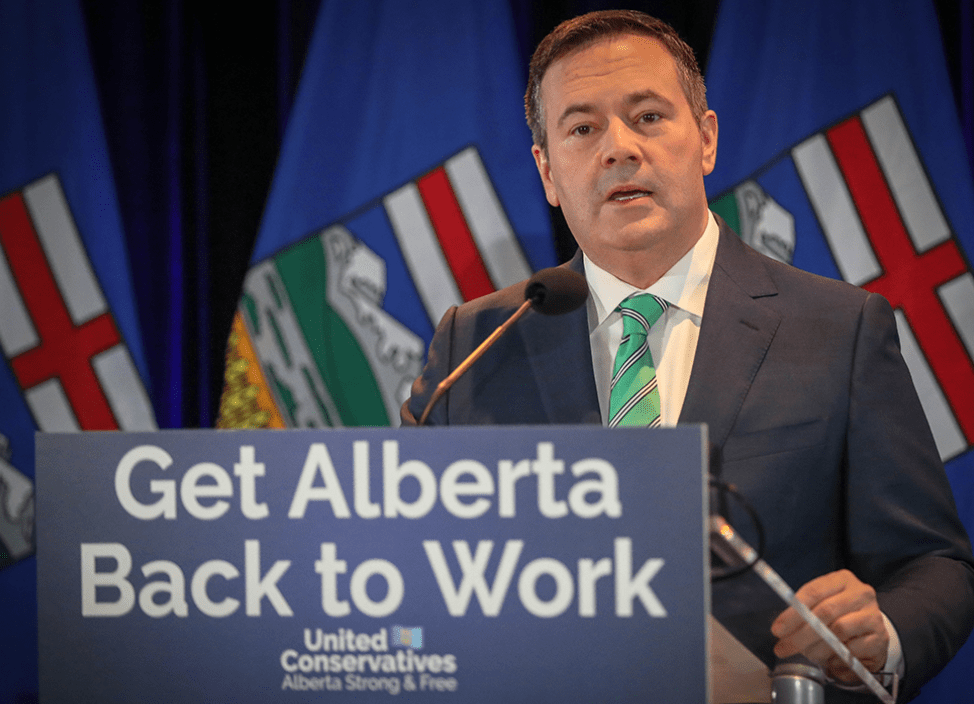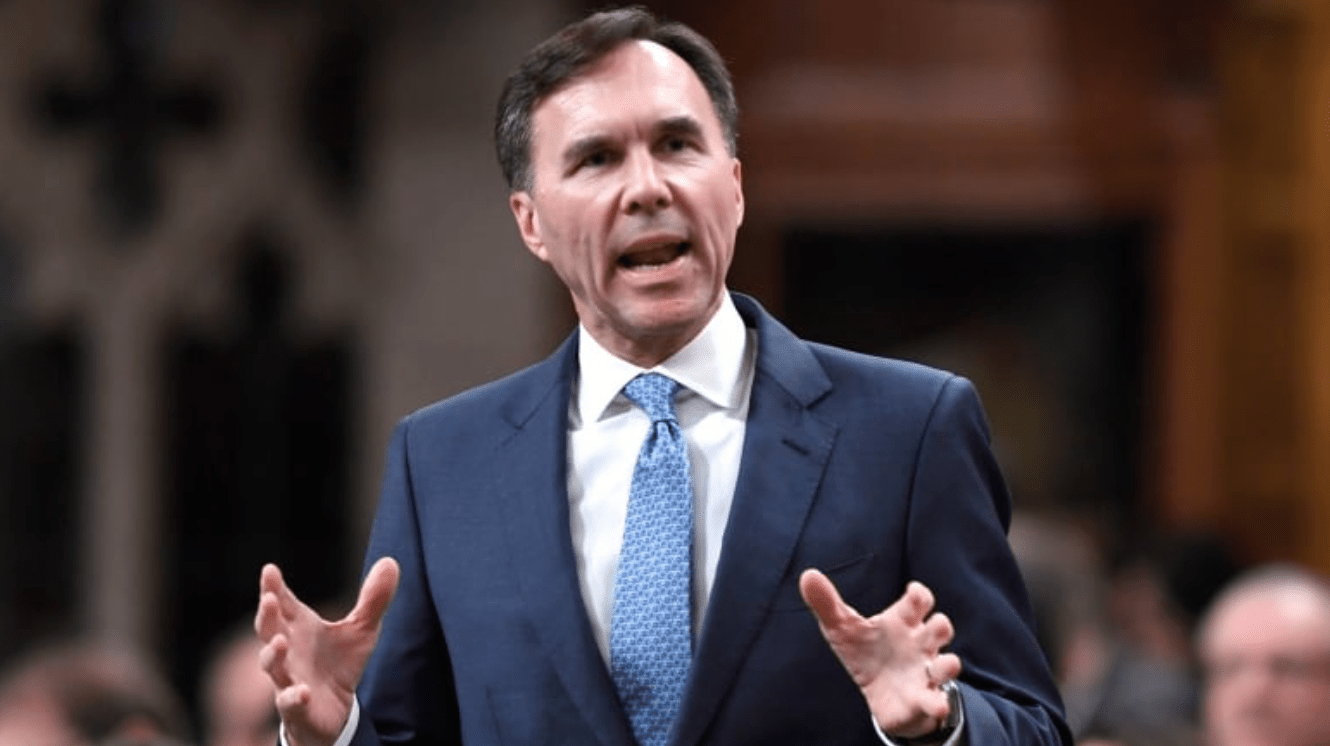Last week, Jody Wilson-Raybould released an open letter to her constituents which was very interesting in what it said, both explicitly and implicitly. There have been many questions to Justin Trudeau as to whether he would allow both Wilson-Raybould and Jane Philpott to remain in caucus after they expressed a lack of confidence in his leadership over the whole Double-Hyphen Affair and the handling of a potential deferred prosecution agreement for SNC-Lavalin, and Trudeau hasn't given an answer. He may not until this week's caucus meeting, or he may simply leave the matter alone. While some caucus members are hostile to the idea that these two remain in the caucus after this expression of a lack of confidence amounts to them not being team players, it has not gone unnoticed that when Trudeau appointed Joyce Murray to Cabinet as the new Treasury Board president was a possible signal that there is room in the Cabinet for disagreements (at least behind closed doors). Those who have been around the Hill for a while know that Murray has been known to be off-side from the rest of caucus on a number of issues in the past.
The fact that Wilson-Raybould was committing to remaining a Liberal Member of Parliament amidst calls by some former party luminaries like Sheila Copps to kick her and Philpott out did have a bit of an element of a dare to it, particularly after the Vancouver Granville riding association has already come out in support of Wilson-Raybould's remaining the Liberal candidate in the next election. With Trudeau needing to hold onto as many seats as possible given the damage that this Affair has cost him, alienating another riding or two (if Philpott is also considered), he may not want to risk alienating the riding. And if, as was the potential signal with Murray's appointment to Cabinet, he is serious that there is room for disagreement and backbench independence, keeping the pair in caucus would be his signal that he is doing politics differently. After all, it's not like there aren't backbench rebels already thinking in particular of Nathaniel Erskine-Smith and Wayne Long and there was a particular disbelief in the reasoning of Leona Allslev's decision to cross the floor when she cited that she couldn't be outspoken.
But does this dare in and of itself signal a potential future leadership bid? Not quite, but there were further clues in the letter, which started with the dismissive attitude by which the "challenges" to the rule of law and prosecutorial independence were being described as the way things are.
"This old, cynical view is wrong," Wilson-Raybould wrote. "We need never resign ourselves to the excuse that 'this is just the way things are done.' Our country is built on a belief that we can, and must, continually do better. We will never be perfect, but we must always be striving to strengthen the foundations of diversity, inclusion, equality, and justice. When we are not doing that, we have truly lost our way."
This, along with other passages about "doing politics differently" in particular, in a less-partisan and more open manner, striving for consensus, and rejecting the "increasing culture of conflict, empty partisanship, and cynical games" sound more like a challenge to Trudeau's style of "doing politics differently," that it has not been nearly enough, and that more change is needed, with the added implication that she and her supporters will be the ones to do it.
Now, we're not going to see a leadership spill anytime soon the party rules don't allow for it, and our bastardized system of leadership selection in this country has ruled out such a means of holding a leader to account internally and the party's constitution cites that a leadership review (or "leadership endorsement") would only be held if Trudeau loses the next election. This process, just like a leadership contest, is able to be gamed with sufficient "instant Liberals" at the time, especially now that the Liberals have done away with paid memberships and all one needs to do is sign up online as a "supporter" and be done with it. It's not actual accountability, particularly given how nebulous and ephemeral the membership/supporter base is, but it's the system that the party has signed onto.
Could Wilson-Raybould challenge the leadership without the support of a caucus that thinks that she hasn't been a team player? Absolutely our system doesn't rely on caucus support. Thanks to the bastardized leadership selection system in this country, we've seen numerous examples across all parties of leadership candidates who had little to no caucus support who nevertheless won the leadership particularly individuals like Christy Clark, Alison Redford, and even Patrick Brown to an extent. If Wilson-Raybould is able to mobilize enough supporters, and she just may be able to if she can solidify her new brand identity as a truth-telling martyr (which has obliterated a poor record as justice minister), then there is danger for Trudeau from the party's temporary membership pool, thanks in part to the very rules that he helped institute when he pushed for these changes to the party's constitution but only if he loses the election.
It's still early days, and we still don't know what Wilson-Raybould's endgame is. With the Commons justice committee looking to end their study of the Double-Hyphen Affair, and Wilson-Raybould's careful silence over matters of why she left Cabinet (insisting she remains bound by solicitor-client privilege and Cabinet confidence when they have been waived on numerous occasions), her ability to maintain her narrative will likely remain intact. If this is a leadership bid, it is playing out differently than those we've seen in the past, particularly from male would-be challengers who often left in a huff and would leave politics temporarily to set themselves up as an "outsider" so that they could leverage that status for the next leadership race. There are elements of the same here, but not playing out in the same way, which is why Wilson-Raybould's next steps will be worth watching carefully.
Photo Credit: This Magazine












